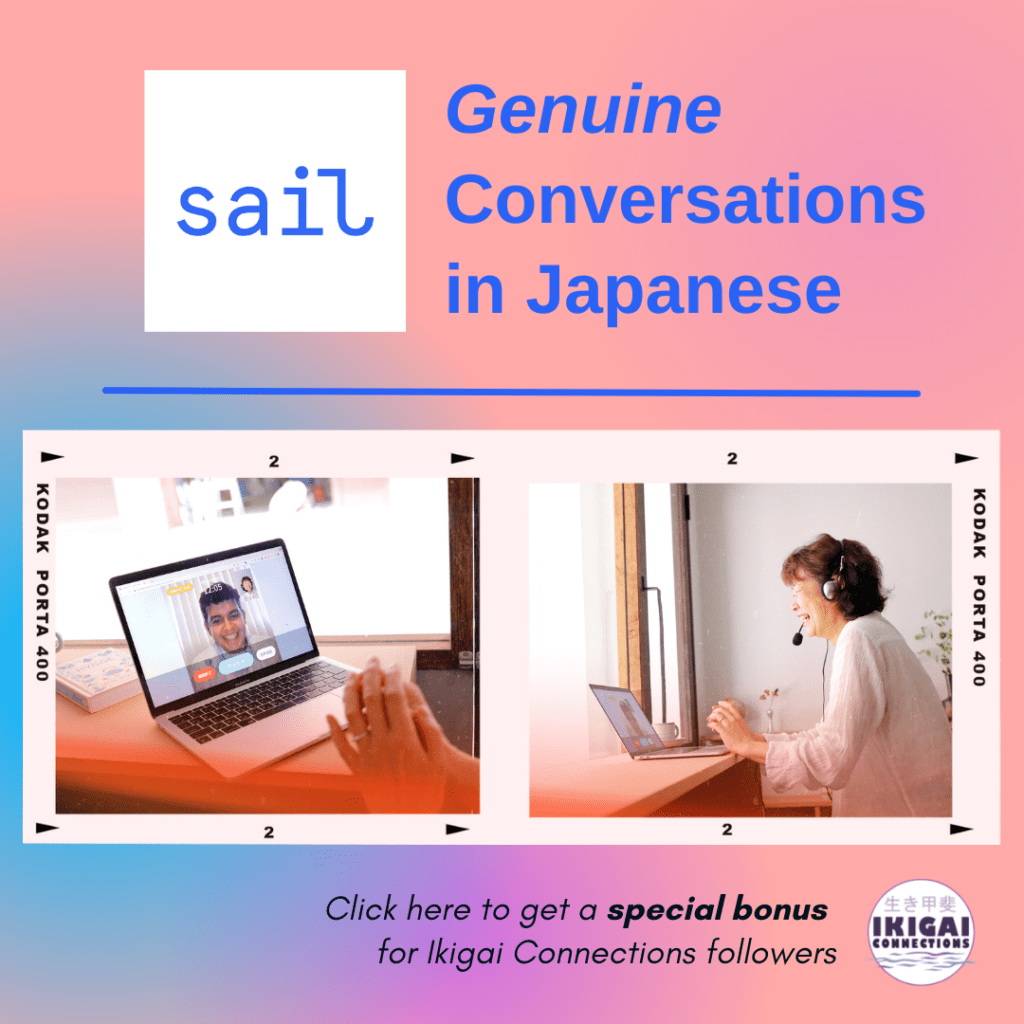Ervin writes his story humbly, so I will add that I have always been impressed with his ambition, open-mindedness, and willingness to take on new challenges. I’ve been observing Ervin since his high school days and can guarantee that we all can learn from his positive way of thinking. We are all “success stories,” in our own ways, and we should be proud of our accomplishments – even if we believe we are not at the level we think we should be. Life is a journey, not a destination, so let’s be content with our current accomplishments and use stories like these to inspire us to keep getting closer to our dreams.
Welcome to the Senpai Success Story, where you can read about others who have walked a unique career path using their Japanese language/cultural skills. (Senpai means “mentor” or “teacher,” and the concept is important to understand for anyone wishing to work in a Japanese business setting.)
My Humble Beginnings as an Otaku
My interest in the Japanese language goes back to when I was 10 years old. I often watched cartoons such as Dragon Ball Z & Pokémon when I got home from school. During this time, I also watched lots of videos on YouTube, so I would also watch clips of these shows online.
Prior to this point, I was only familiar with the English dub of these shows. However, I suddenly came across a video of a fight scene from Dragon Ball Z. I recognized the characters, but their voices sounded… different. I looked at the title of the video, where it said “Goku vs. Vegeta, Japanese Version.” I was enamored by the way the characters spoke. I thought they sounded so cool!
It was at that point when I found out that Dragon Ball Z was originally created in Japan.
From then on, I searched up more shows I enjoyed. Yugioh, Power Rangers, and Digimon were all entertainment that came from Japan. I was immediately hooked!
Every day since then I would keep watching the Japanese versions of my favorite shows on YouTube. With the assistance of English subtitles, I began to pick up on Japanese phrases such as おはよう and こんにちは. This is when I dreamed of one day learning Japanese so I could watch these shows without subtitles.
These past events have culminated into who I am today. Now I am an avid lover of anime, manga, and Tokusatsu. I guess I am what you would consider to be an Otaku. Some of my favorite series are Kamen Rider and One Piece.

My Connection to Japan
My childhood desire to learn Japanese led me to study it during high school. It proved to be quite difficult. Nevertheless, with the help of my high school teacher, Cooper-Sensei, and much determination, I began to improve. Slowly but surely, I gained more confidence in my Japanese language skills and wanted to learn more.
What once was a dream of learning a language to enjoy entertainment more easily has now become such an invaluable part of my life.
I have now been studying Japanese for 5 years and I am in love with it. My journey of learning this language has opened many doors for me. Some of my accomplishments are participating in a Japanese speech contest and even traveling to Japan and staying with a host family.
I have made precious memories through these experiences. I want to be abundantly clear that I am in no way fluent in Japanese. So, one can imagine that I made mistakes when giving my speech or communicating with people in Japan. However, I felt that I knew enough to convey my message. My knowledge of Japan’s language and culture allowed me to use what I knew to communicate as well as possible.
In my opinion, fluency is a spectrum of sorts. Even when one reaches a point of fluency that does not mean that they are done learning. There will always be more to learn.
Diversify Your Learning
I’m sure that many of us are aware of the traditional methods of learning a language. One may enroll in a language course in school, use grammar textbooks, or get a tutor. These are all great methods of learning. However, I challenge you to incorporate other methods to help you learn. Listen to music and watch tv shows in your target language. Use the simpler language of children’s books to practice your reading comprehension.
I have a few favorite methods for studying Japanese. These include playing video games in Japanese and watching/reading anime and manga. These methods have provided me with a way to actively study Japanese through Immersion Learning. Essentially, I increase my input of Japanese through listening and reading. I focus more on what I am hearing as opposed to understanding everything. This acclimates my brain to continuously think in Japanese.
Anime can be great for learning about Japanese culture. Although anime uses more casual Japanese, one can pick up on certain phrases. Interjections such as なるほど or すごい are often used in conversation. You can also learn many 重ね言葉. I know グラグラ and ペコペコ only because I heard them in an anime. The same can be done with manga. Manga will also introduce you to more kanji, which we all know are important to know.

Challenge Yourself and Take Risks
Now that we have established ways to study Japanese, it is time to start applying what you have learned. Find ways to speak to fellow language learners. Venture out to Japanese communities and speak to native Japanese people.
I know that it can be nerve-racking to talk to people when you are afraid of saying something wrong. But that should be a risk that you are willing to take. If you spend so much time being afraid of failure, you may never improve.
Often people will appreciate your effort and be happy to talk to you.
Learn From Others
The most important piece of advice I can give you is to learn from others. Many people have different ways of learning that could be beneficial to you.
One thing I want to make clear is it’s okay to feel intimidated or discouraged by someone else’s skill level. I have experienced this feeling myself quite often. I may meet someone new who seems very capable at speaking Japanese or reading kanji. This may cause me to doubt myself.
However, I turn these negative feelings into a more positive outlook. The way I see it, the very fact that I feel discouraged is an indicator that I want to be good at what I am doing. This in turn causes me to work harder when it comes to studying and applying what I’ve learned.
Take you reading my story for example. You are curious about what I have to say and may use my advice to improve yourself. That is something to be proud of. Stay determined and don’t give up! The adage of “practice makes perfect” remains true.
Conclusion
I would like to thank everyone for taking the time to read this. I would also like to thank Kasia for asking me to write this for her. She has been wonderful in assisting me with working with Japanese businesses. Below is a link to my LinkedIn page. Feel free to connect with me. I would be happy to learn more about you and how you use Japanese in your daily life.